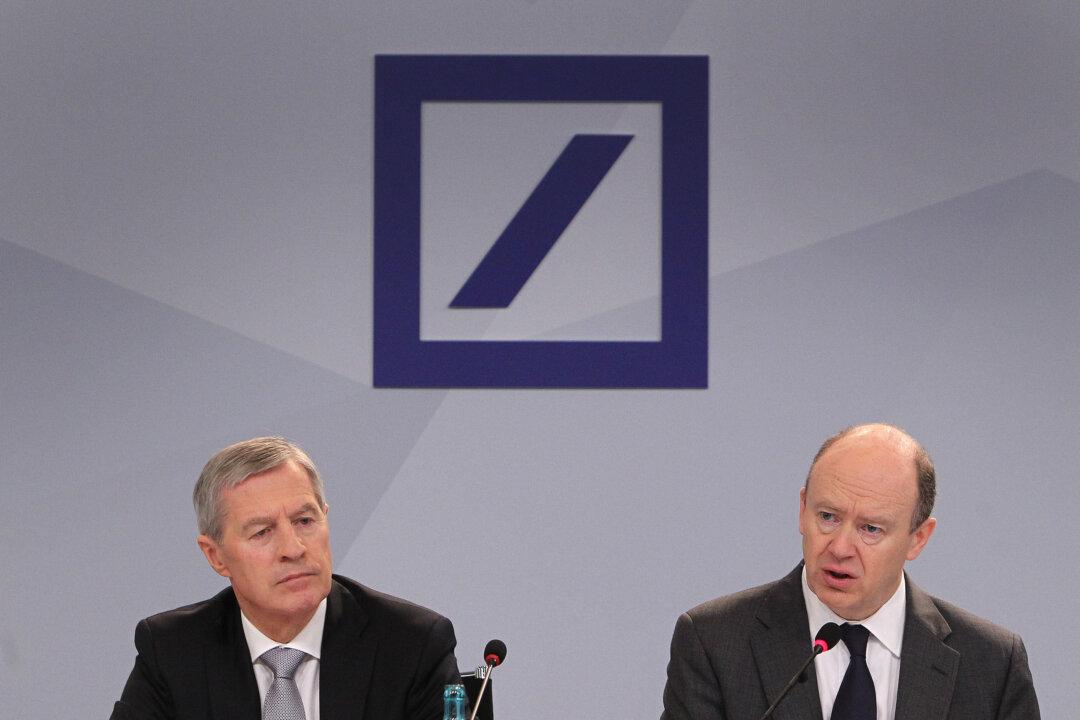With its home market in Europe languishing, troubled European bank Deutsche Bank bet big on the fast growing Asia–Pacific region, a bet that has now turned sour.
“We feel very good about the Asia Pacific and especially as we see some markets coming back into growth,” Gunit Chadha, co-chief executive officer of Deutsche Bank AG for Asia Pacific, told Bloomberg in 2014, saying Deutsche was “deeply invested” in 16 countries.
It wasn’t just plain vanilla in Asian investment banking; Deutsche Bank specialized in complex and risky derivative products on fixed-income securities and currencies. At the end of 2014, the bank had almost $60 trillion in notional derivative exposure on its books globally.
The exposure issue has been downplayed but make no mistake, banks are heavily exposed to Asia and the Middle East.
, Deutsche Bank





